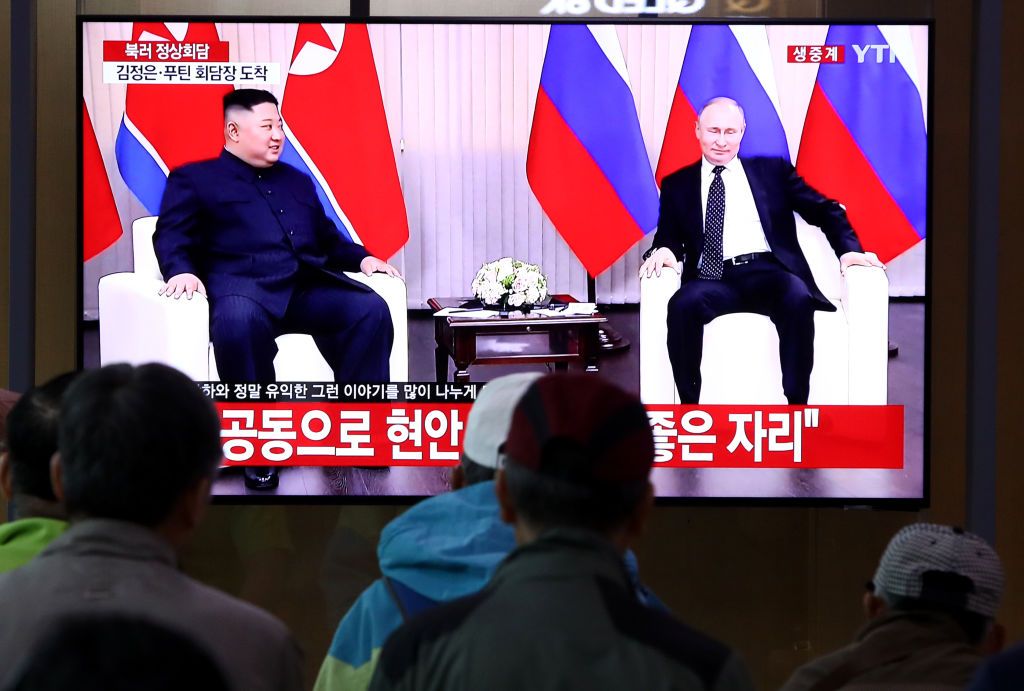Hungarian FM: Orban to discuss 'achieving peace in Ukraine' with Trump during upcoming visit

Hungarian Prime Minister Viktor Orban plans to discuss how to "achieve peace" in Ukraine during an upcoming visit with former U.S. President Donald Trump, Hungarian Foreign Minister Peter Szijjarto told the Russian state-controlled news agency RIA Novosti on March 6.
"We definitely want to discuss with (Trump) how to restore peace in Ukraine and the eastern part of Europe," Szijjarto said, adding that the war in Ukraine "will inevitably end by negotiations," as "Kyiv can't defeat Russia," and "Russia can't defeat the entire West."
Trump and Orban will meet privately at the former U.S. president's Mar-a-Lago club in Florida on March 8, the New York Times first reported on Feb. 28, citing a person familiar with the plans.
Orban, an ally of Trump, has a long-standing relationship with conservatives in the U.S. and is the only European leader who is openly friendly toward the Kremlin. Trump has also spoken highly of the Hungarian prime minister on several occasions since leaving the White House.
The former U.S. president is set to become the Republican nominee for the general U.S. presidential election after Former South Carolina Governor Nikki Haley exited the presidential race on March 6.
Trump’s win in the upcoming U.S. presidential election could "increase the chances of establishing peace in Europe," according to the Hungarian foreign minister. Szijjarto also said those who have supplied Ukraine with weapons have only "prolonged the war."
Unlike many other EU leaders, Orban has not traveled to Kyiv to meet President Volodymyr Zelensky. In late January, Olha Stefanishyna, the deputy prime minister for European and Euro-Atlantic Integration, said Ukraine was working on arranging an official visit by the Hungarian Prime Minister.
But Szijjarto told RIA Novosti on March 4 that "the conditions for organizing the meeting are far from being ready."
The news about the Orban-Trump meeting comes amid an ongoing deadlock in Congress over U.S. aid to Ukraine. The Senate passed a $95 billion foreign aid bill that includes $60 billion for Ukraine, as well as funds for Israel and other allies, but the proposal has been refused for months by Republicans in Congress.
Republicans who support military aid to Ukraine are currently working on an alternative foreign aid bill, CNN reported on March 4. They hope to finalize their proposal and bring it to the vote by late March or April.












